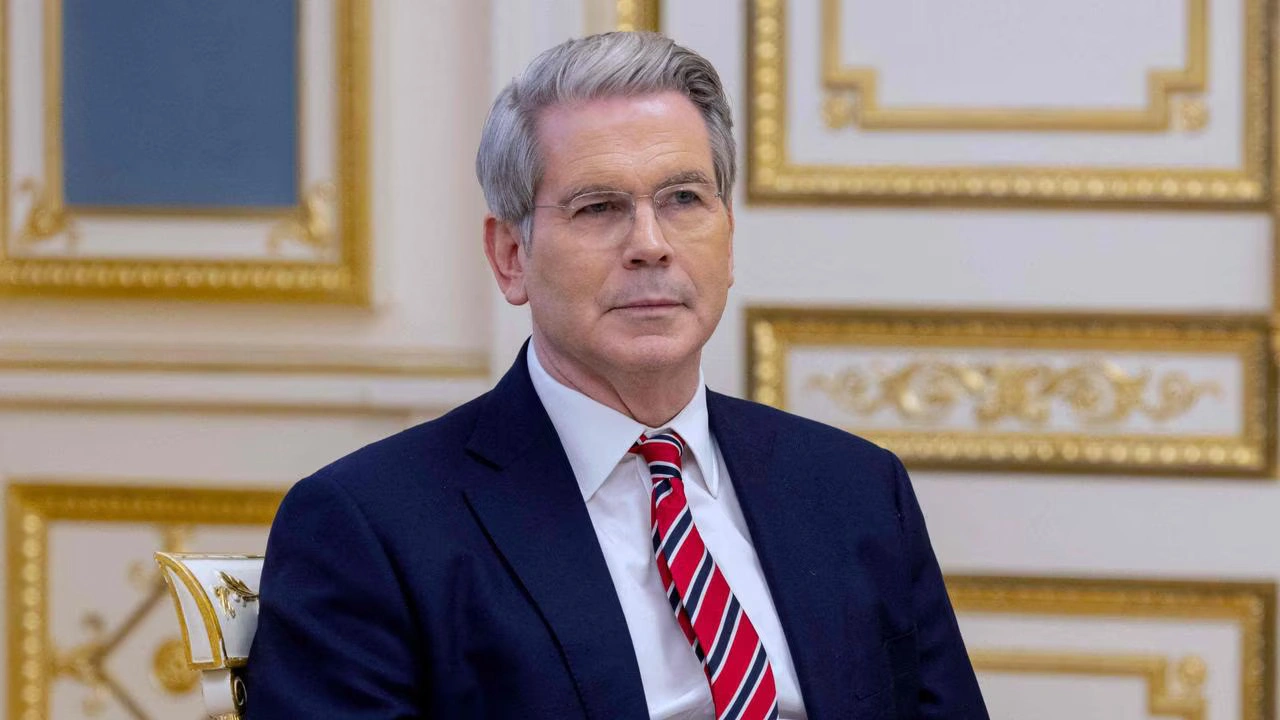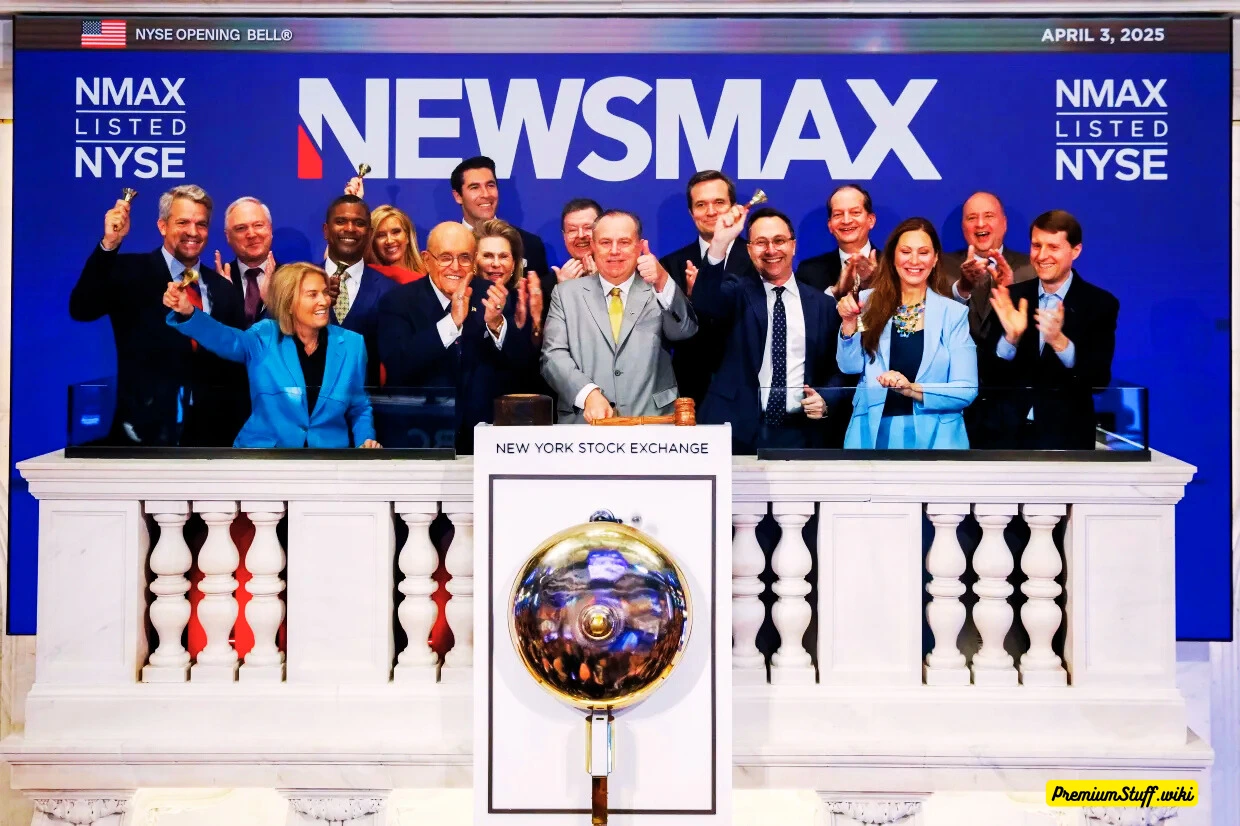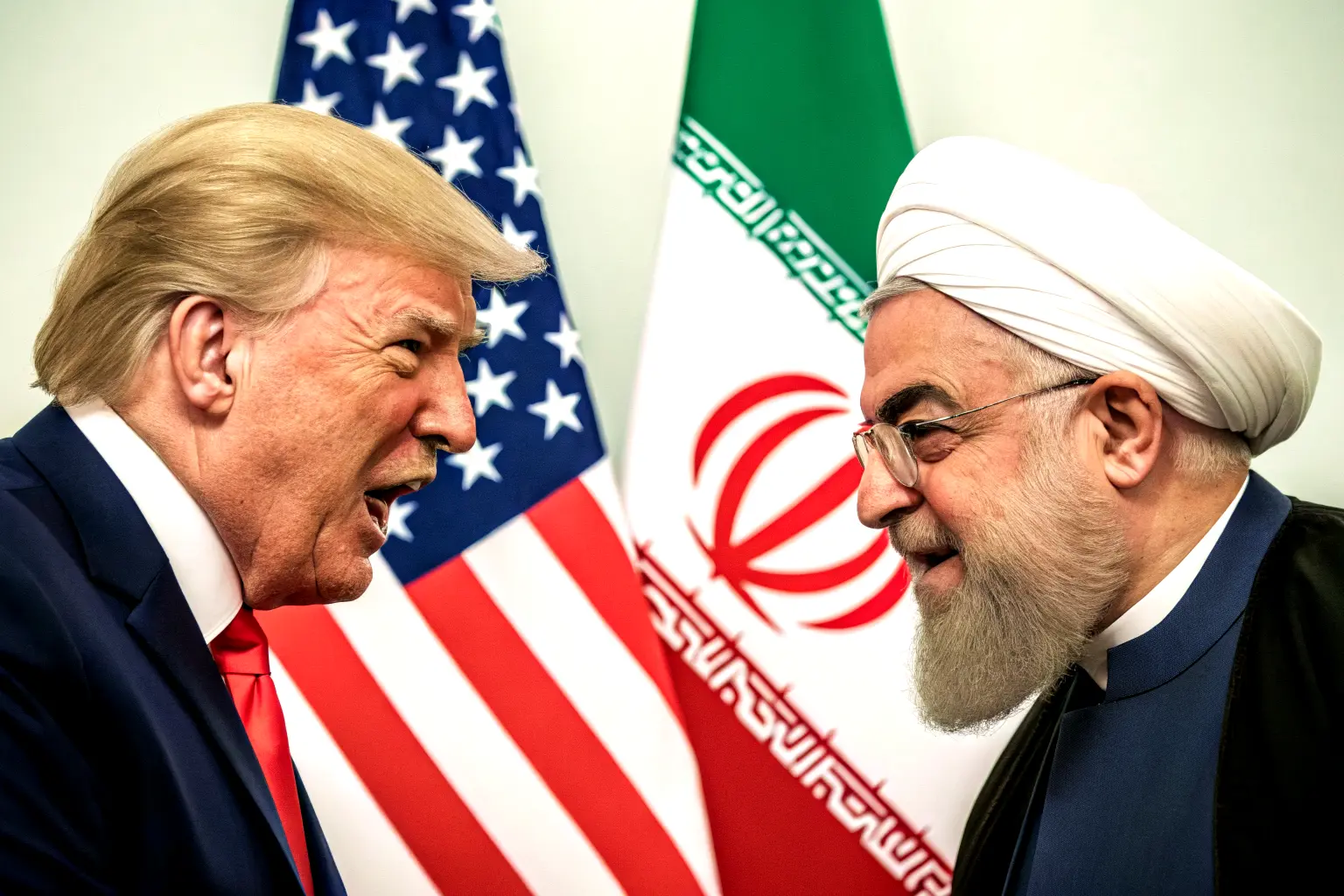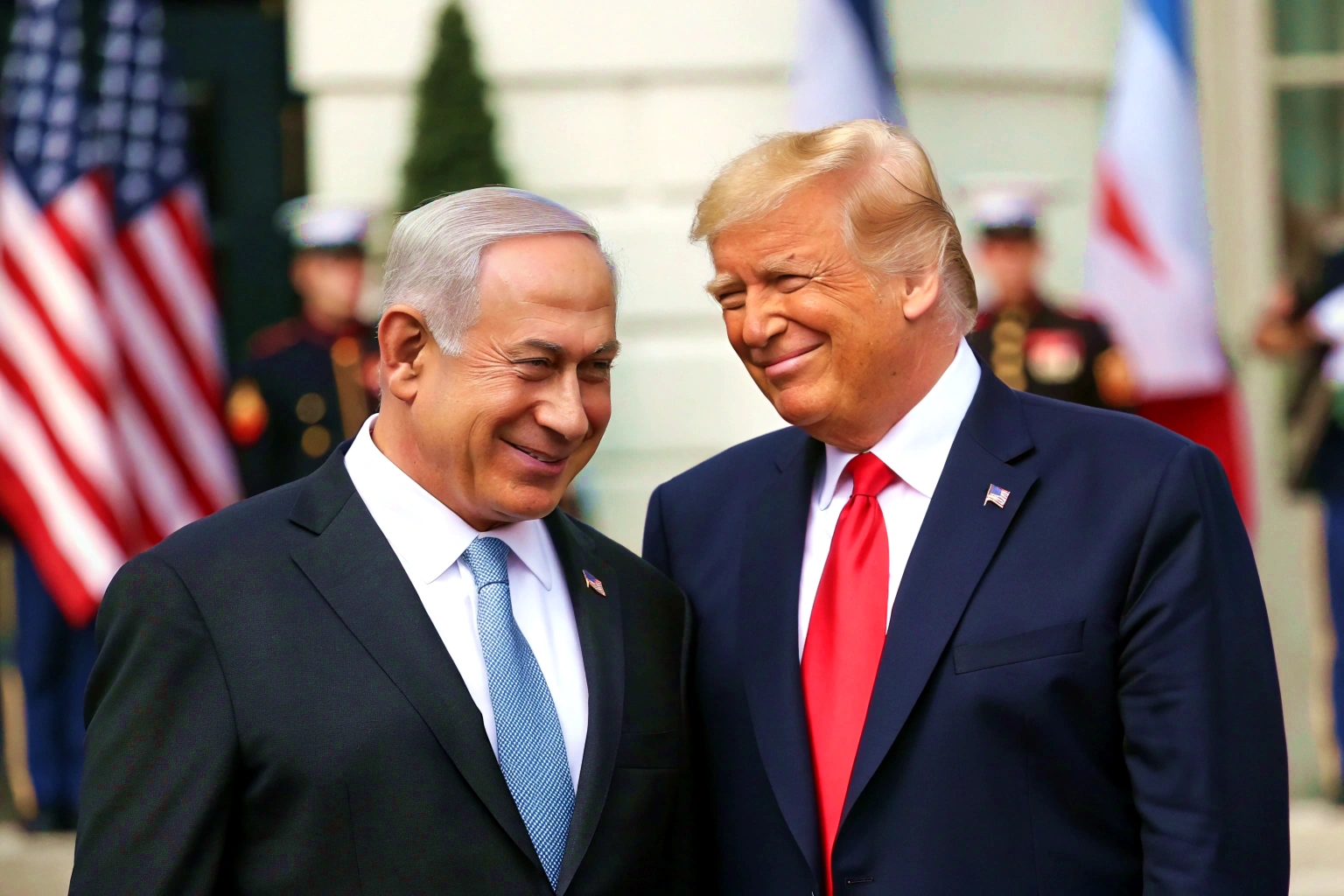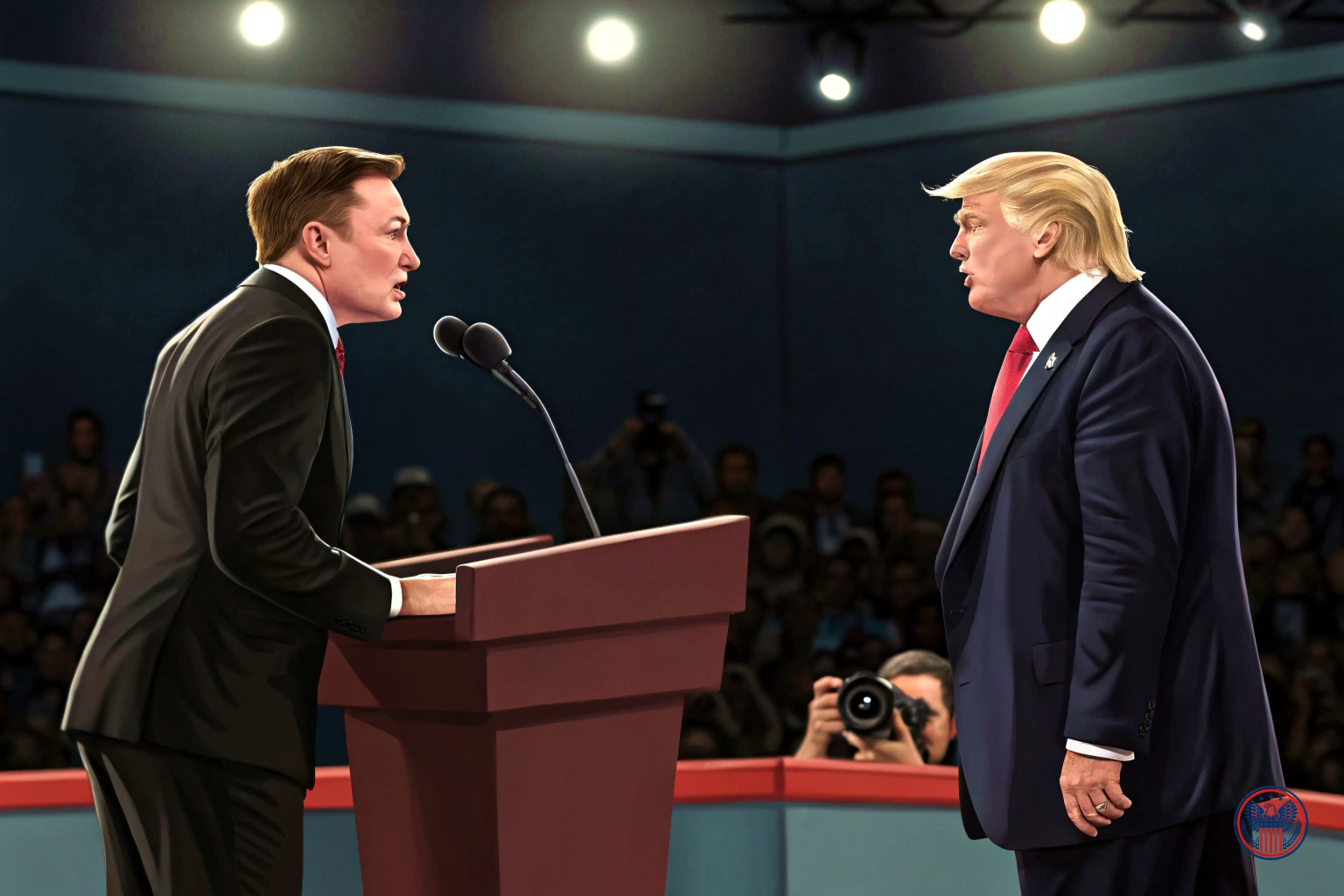Trump’s Delay Eases Markets: Stocks Edge Up, Oil Dips

NEW YORK—June 20, 2025
Wall Street breathed easier Friday after President Donald Trump pumped the brakes on immediate U.S. military action in the Middle East, offering investors temporary relief from war fears. Stocks clawed back early losses while oil prices sank nearly 3%, reflecting cautious optimism that diplomacy might yet avert a wider Israel-Iran war. But with Trump’s two-week decision deadline looming, traders braced for fresh turbulence ahead.
Markets Sigh in Relief
The Dow Jones Industrial Average edged up 38 points to 42,210—a modest but symbolic gain after days of tension. The S&P 500 slipped slightly as tech stocks wobbled, while the Nasdaq dipped half a percent. Trading floors buzzed with palpable relief mixed with wariness. “Investors are buying time, not conviction,” said veteran strategist Art Hogan, noting thin volumes despite the triple-witching options expiration that typically amplifies moves. Across desks, the mood echoed one Morgan Stanley trader’s blunt take: “We dodged a missile today. Doesn’t mean the launch pad’s gone.”
Oil’s Sharp Retreat
Brent crude tumbled 2.3% to $77.01 a barrel, its steepest drop in three weeks. The slide came as Trump’s delay eased fears of imminent supply shocks. Tanker tracking data showed Iranian oil still flowing freely through the Strait of Hormuz—a critical artery carrying a fifth of global supply. “Traders priced out Armageddon scenarios,” explained energy analyst Louise Dickson, though she cautioned prices remain elevated on lingering risks. Gasoline prices followed suit, dipping 2 cents nationally to $3.89 per gallon.
Behind the Diplomatic Push
European mediators seized the pause to broker talks in Geneva, where Iran demanded Israel halt strikes before discussing its nuclear program. A French negotiator described negotiations as “fragile but breathing.” Meanwhile, U.S. Secretary of State Steve Witkoff held backchannel calls with Tehran, though an Iranian official dismissed them as “theatrics.” The White House confirmed Trump seeks “total victory” but acknowledged allies’ pleas to avoid regional chaos.
Global Domino Effect
Europe’s markets rallied strongly on the news, with Germany’s DAX jumping 1% as automakers rebounded. In Asia, South Korea’s Kospi broke past 3,000 points for the first time since 2022 after announcing $25 billion in semiconductor subsidies. Only Japan’s Nikkei lagged, weighed down by a surging yen as investors sought safety. The dollar hit a three-week high against major currencies—another sign nervous money still shelters in U.S. assets.
The Human Cost of Uncertainty
For businesses, the reprieve brought little comfort. Miami-based cargo carrier SeaBound postponed $80 million in new ship orders, CEO Marco Ruiz citing “uninsurable war risks.” Farmers across Iowa reported grain buyers slashing offers, fearing port disruptions. “Every day this drags on, it chokes global commerce,” sighed logistics firm owner Hannah Cho. Pensioners felt the strain too, with retiree Janet Wilkes lamenting her portfolio’s wild swings: “My savings shouldn’t live or die by a tweet.”
What Comes Next
All eyes now turn to July 4th week, when Trump vows to decide on potential U.S. strikes against Iran’s Fordow nuclear site. Analysts see three scenarios:
- Diplomatic breakthrough (15% odds): Europe brokers a ceasefire, sending stocks soaring
- Limited U.S. action (60% odds): Precision strikes spark brief panic before stabilizing
- Full escalation (25% odds): Regional war erupts, crashing markets and spiking oil past $100
Goldman Sachs warns clients to “expect whiplash” as headlines sway prices. For now, the lull offers breathing room—but as oil trader Rafael Mendoza put it: “This isn’t calm. It’s the moment between lightning and thunder.”
Key Takeaways for Investors:
- Energy stocks may see pressure if oil retreats further
- Defense contractors (Lockheed, Raytheon) could rally on war fears
- Travel and shipping stocks remain vulnerable to volatility
- Safe havens like gold and utilities may lose appeal if tensions ease
The fragile truce underscores how geopolitics now drive markets as much as earnings or Fed policy. With summer vacations looming, Wall Street’s mantra echoes a weary hedge fund manager: “Hope for peace, plan for war.”


